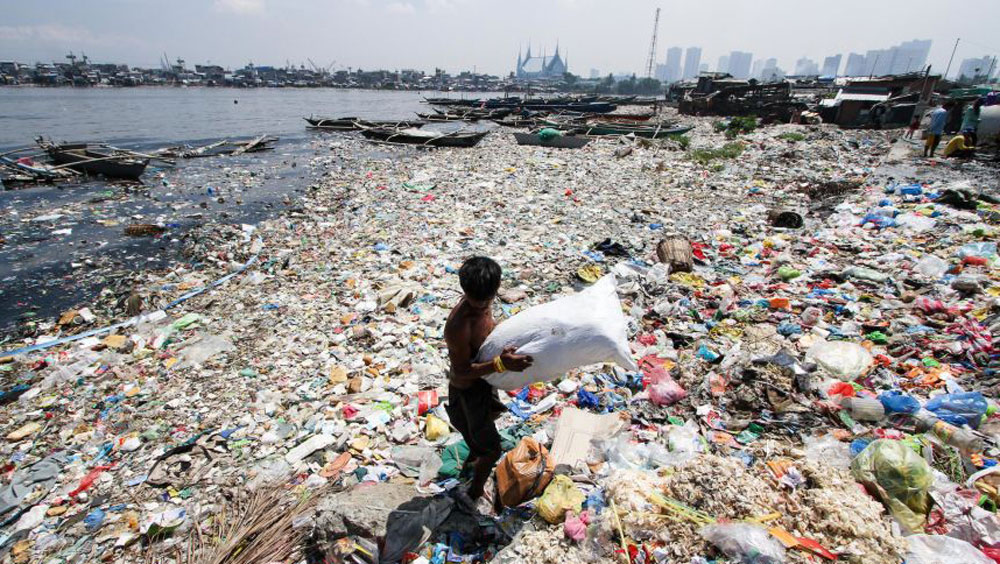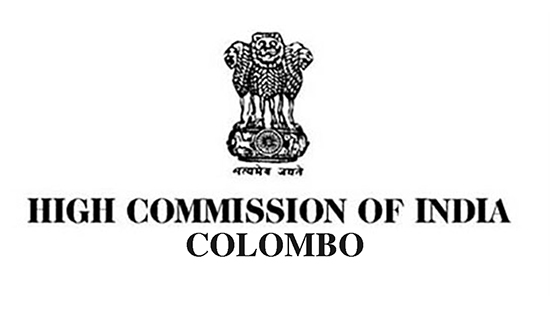The Menace of Ocean Pollution, Understanding the Source and Impact

The world’s oceans, once pristine expanses of blue, have become increasingly choked with pollution, particularly plastic waste. Each year, an estimated eight million tons of plastic find their way into the ocean, posing a grave threat to marine life and ecosystems. This alarming trend is fueled by various sources, with China, the Philippines, and Indonesia emerging as the top contributors to ocean pollution.
The sight of garbage-strewn waters has become distressingly common, not only in Southeast Asia but also in other parts of the world. Marine biologist Nicholas Mallos, who oversees the Ocean Conservancy’s Trash Free Seas program, describes these accumulations as the unfortunate norm, especially in developing regions where rapid urbanization has outpaced waste management efforts. As middle-class populations burgeon along coastlines, so does consumption and waste generation, exacerbating the problem of ocean pollution.
Plastic pollution poses a myriad of threats to marine life. Animals often mistake plastic debris for food, leading to ingestion and internal injuries. Additionally, discarded fishing gear, known as ghost nets, entangle marine animals, causing injuries, suffocation, and death. The ingestion of plastic particles by fish and other marine organisms also has far-reaching consequences, as these toxins can bioaccumulate and ultimately enter the human food chain, posing risks to human health.
However, plastic waste is not the sole culprit behind ocean pollution. Other sources include agricultural runoff, industrial discharge, oil spills, and untreated sewage. Chemical pollutants from these sources can contaminate marine habitats, affecting the health and reproductive success of marine species. Coral reefs, vital ecosystems that support a quarter of all marine life, are particularly vulnerable to pollution-induced stressors, such as sedimentation and nutrient runoff, leading to coral bleaching and decline.
The impact of ocean pollution extends beyond marine life to encompass coastal communities and economies.
Contaminated waters can jeopardize tourism, fisheries, and aquaculture industries, undermining livelihoods and food security. Moreover, the degradation of marine ecosystems diminishes their capacity to provide essential services, such as carbon sequestration and coastal protection, exacerbating the effects of climate change and coastal erosion.
Despite the grim reality of ocean pollution, there are glimmers of hope on the horizon. In some regions, concerted efforts are underway to combat plastic pollution and improve waste management practices.
Initiatives such as bans on single-use plastics, beach cleanups, and public awareness campaigns are gaining traction globally. Furthermore, technological innovations, such as plastic-eating microbes and ocean cleanup devices, hold promise for mitigating the impact of existing pollution and preventing further degradation of marine environments.
Ocean pollution poses a grave threat to marine ecosystems, biodiversity, and human well-being. Urgent action is needed at local, national, and international levels to address the root causes of ocean pollution, enhance waste management infrastructure, and promote sustainable consumption and production practices. By working together to reduce plastic waste and mitigate pollution sources, we can safeguard the health and vitality of our oceans for generations to come.
Related News
Commanding Respect, Not Fear: The Modern Leader’s Approach to Team Management
Influence, vision and the capacity to lead a group of people toward shared objectives are more important components of effective leadership than…
Read MoreRedefining Education: ANC Launches Futuristic Academic Hub in the Heart of Colombo
A Bold Leap into the Future of Higher Education April 21st, 2025 – ANC Education, Sri Lanka’s pioneering private higher education provider…
Read MoreA Vision Beyond Limits: The Inspiring Educational Journey of Deshamanya Dr. Nilu Anandappa”
Dr. Nilu Anandappa In a world where education often revolves around rigid systems and exam scores, few educators rise as true pioneers…
Read MoreCSSL Announces NITC 2025: Shaping Sri Lanka’s Digital Future with Society 5.0
The Computer Society of Sri Lanka (CSSL) proudly announced the 43rd edition of the National IT Conference (NITC) 2025, the country’s premier…
Read MoreApply Now: French Embassy Research Scholarships 2025 Open for Applications
The French Embassy in Sri Lanka and the Maldives is proud to announce the opening of its annual call for applications to…
Read MoreCourses
-

IMC – Bachelor of Psychology
IMC Education Overview IMC Campus in partnership with Lincoln University College (LUC) Malaysia offers Bachelor of Psychology Degree right here in Sri… -

ANC – BA (Hons) International Business Management (Top-Up)
ANC Education Overview Designed in partnership with public and private business organizations, this program develops one’s ability to critically evaluate business models… -

IIT – BSc (Hons) Computer Science
IIT Campus Overview BSc (Hons) Computer Science provides a solid foundation and training regarding the fundamentals of the computer science field, along… -

APIIT – BSc (Hons) Cyber Security
APIIT Sri Lanka Overview Our BSc (Hons) Cyber Security award is designed to launch your future career in the protection of software… -

ICBS – BSC (Hons) Business Management with Marketing Management
ICBS Overview The BSc (Hons) Business Management with Marketing program, awarded by Queen Margaret University (QMU), is a highly regarded degree that… -

UTS – Diploma of Science
UTS College Sri Lanka Overview The Diploma of Science is designed to empower you to apply scientific thinking and analysis to important… -

CSA – Master of Architecture and Environmental Design
City School of Architecture Overview The Master of Architecture and Environmental Design Degree at CSA is awarded by the University of the… -

APIIT – BSc (Hons) International Business Management
APIIT Sri Lanka Overview Increasingly businesses are becoming more and more international. This requires business management professionals to have knowledge, skills and… -

IIT – BSc (Hons) Artificial Intelligence And Data Science
IIT Campus Overview The BSc (Hons) Artificial Intelligence and Data Science course is awarded by Robert Gordon University (RGU) in the UK… -

ICBS – International Degree Foundation in Business / IT
ICBS Overview The Scottish Qualification Authority (SQA) is a globally recognized organization dedicated to education and qualification development. SQA is responsible for… -

APIIT – BA (Hons) Finance and Business Enterprise
APIIT Sri Lanka Overview Finance and accounting are no longer just about taxation and the management of financial capital. This award will… -

APIIT – MBA General
APIIT Sri Lanka Overview The MBA is awarded by Staffordshire University, UK. This award is an advanced course of study in management… -

ANC – LLM in International Business & Commercial Law
ANC Education Overview This course is designed for graduates of law, business and finance in a legal or a corporate job role… -

AOD – BA (Hons) Fashion Design and Marketing
Academy of Design Overview The syllabus is from the UK’s Northumbria University, as one of their most revered flagship programmes and is… -

APIIT – MSc. Marketing Management
APIIT Sri Lanka Overview This MSc Marketing Management degree – awarded by Staffordshire University, UK is an advanced course of study in…
Newswire
-

Rs. 32 billion allocated for School Meal Programme – Govt
ON: April 23, 2025 -

Uncontrollable Crowd in Kandy: Military steps in, New move from Police
ON: April 23, 2025 -

Terror attack : India’s takes action against Pakistan “Leave In 48 Hours”
ON: April 23, 2025 -

WATCH : Bizarre scenes at IPL as Ishan Kishan walks
ON: April 23, 2025











